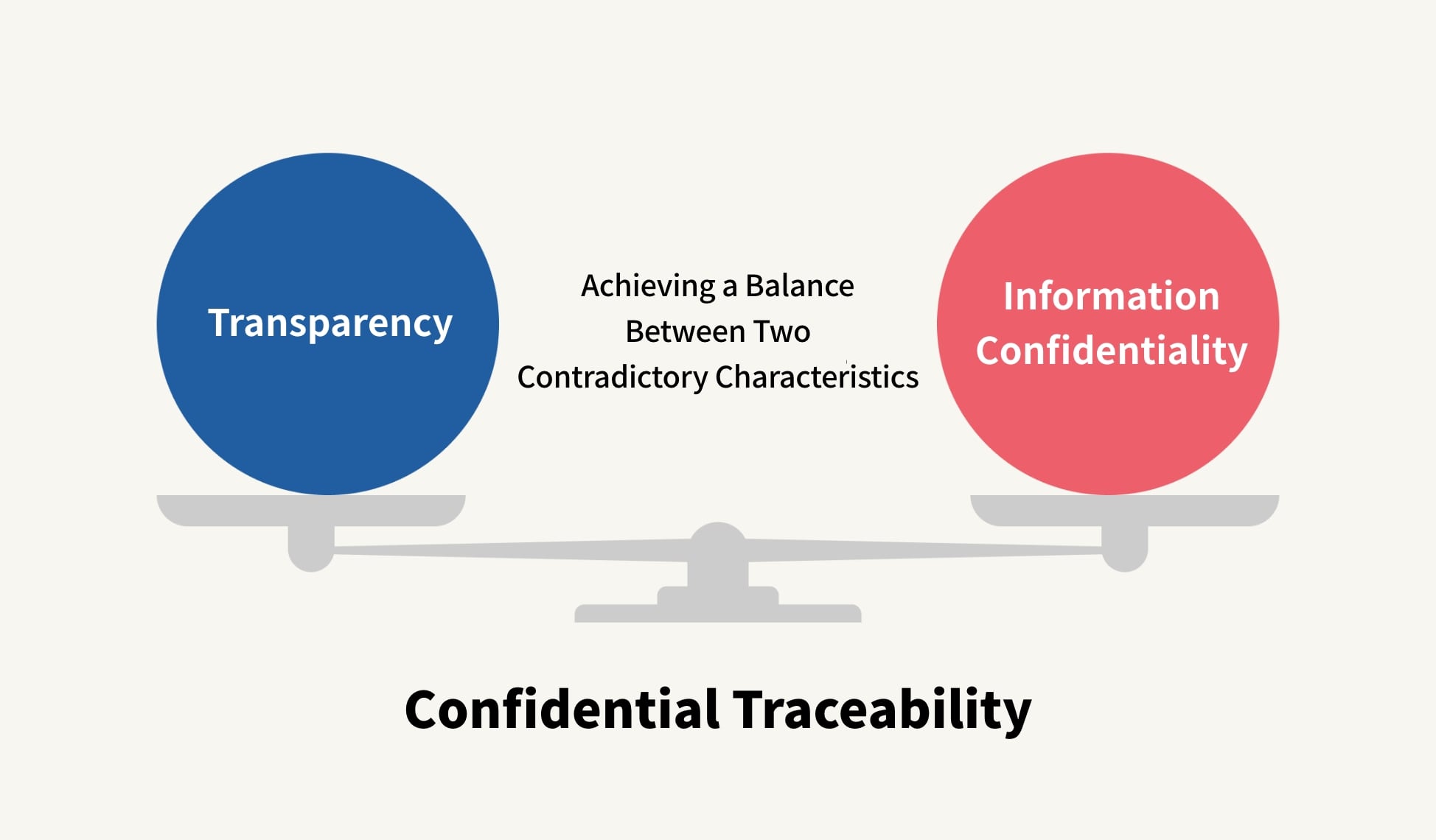Chaintop Digital Product Passports
A confidential traceability system that ensures both transparency in compliance with EU regulations and the protection of sensitive information.

What are the challenges faced by supply chains?

In recent years, it has become common for various stakeholders to be involved in the manufacturing and distribution of products. In particular, industries such as the automotive sector have developed massive international supply chains.
For companies operating within these supply chains, product traceability and sustainability information are expected to become critical risk factors. For example, within the European Union (EU) economic zone, preparations are already underway for regulations involving Digital Product Passports (DPPs).
If companies within the supply chain wish to continue trading their products in markets where the DPP system is implemented, they will need to prove that every component of their product meets environmental standards. If any inaccuracies or fraud are found in the disclosed information, there is a risk that distribution of the product could be halted.
To Achieve Ideal Traceability

To address the above challenges, it is desirable to be able to disclose tamper-free traceability information to trusted stakeholders without limitations of time or location, and at low cost. Our company has been actively developing traceability systems with excellent tamper resistance by leveraging blockchain technology, and has obtained multiple patented technologies in this field.
Using this traceability system, we conducted a social experiment involving local governments, providing users with traceability information on food distribution as well as sustainability data—such as visualized and quantified CO₂ emissions and reductions.
By incorporating the patented technology obtained in February 2023, we have added a feature to our proprietary solution, Tapyrus, that enables the recording of confidential ingredient compositions. This advancement marks the evolution of Tapyrus into a next-generation solution compliant with the Digital Product Passport (DPP) system.
A Confidential Traceability System that Balances Transparency and Confidentiality Enabled by Patented Technology

This solution addresses two conflicting challenges faced by stakeholders in the supply chain: protecting intellectual property related to raw material compositions and preventing fraudulent labeling through verifiability based on publicly available information (transparency). These challenges are resolved by leveraging blockchain and zero-knowledge proof technologies.
In our next-generation information platform, confidential computation is applied to conceal sensitive ingredient information during the creation of transactions. Even without knowledge or awareness of specific quantities or compositional ratios during the block formation process, it is still possible to verify the integrity of the confidential transaction data—ensuring it is free from tampering or fraud.
Going forward, we will conduct proof-of-concept trials to record the compositions of various synthetic metals and synthetic fibers.
By the time the Digital Product Passport (DPP) system is implemented in 2027, we aim to support a wide range of supply chain businesses—including international companies—in operating traceability systems that enable them to display complete traceability information, including sustainability data, for their products. Through this effort, we are committed to contributing to the realization of a circular economy.
Using this traceability system, we conducted a social experiment involving participation from local governments, providing users with traceability information related to food distribution as well as sustainability data—such as visualized and quantified CO₂ emissions and reductions—transformed into valuable insights.



